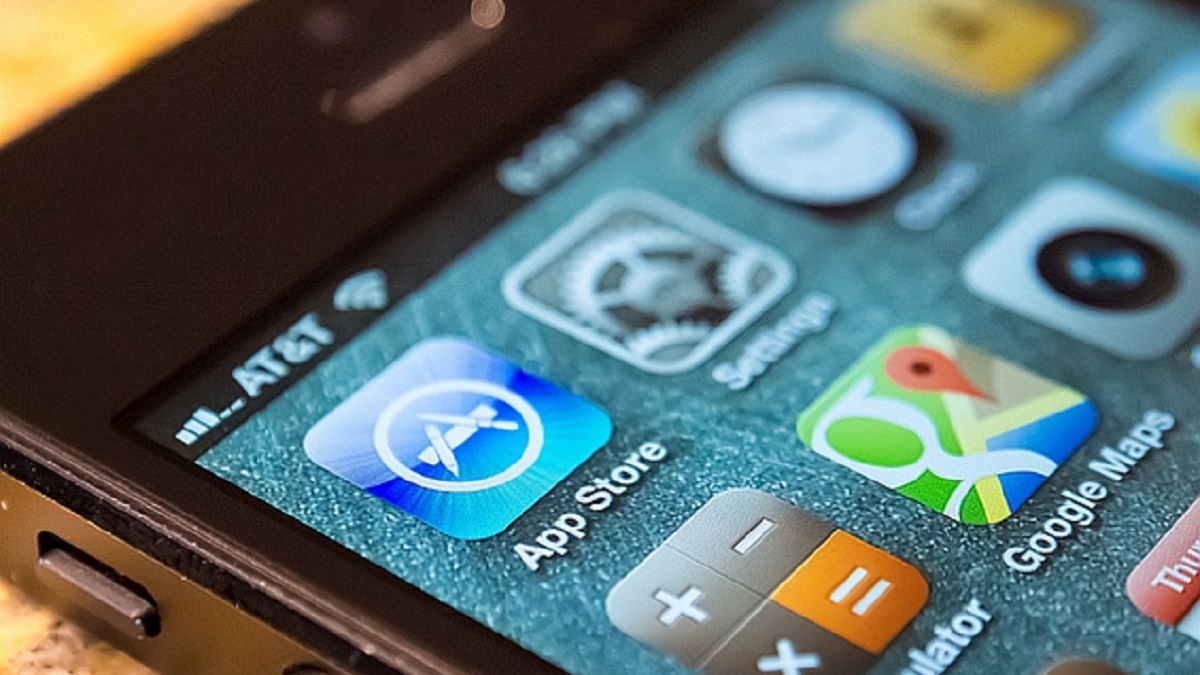
Apple Inc. has always and zealously protected its iOS App Store, and ”Sideloading” is strictly taboo. The iPhone maker is already in a legal tussle about the extra precautions it takes to lock down the iOS, iPad OS, and macOS app ecosystem.
Apple Inc. continues to claim it can shield iPhone, iPad, and MacBook owners from the risks that Windows PCs and Android smartphones presumably face. However, the company’s arguments and techniques fall a bit short.
Apple Inc. publishes 16-page document defending App Store admission or acceptance policies:
When it comes to iOS customization and App Store, Apple Inc. has very strict policies about what is allowed and what is not. The majority of Apple iPhone, MacBook, and iPad owners are seemingly fine with these restrictions. However, there is gradually growing dissent.
One of the biggest differences between Apple iOS and Android is the ability to sideload apps. Incidentally, Google allows third-party app stores. Moreover, it also allows Android smartphone users to install applications that are available as APK setup files.
Apple exec: “Sideloading in this case is actually eliminating choice” https://t.co/8b8ATaEWKz
— Ars Technica (@arstechnica) June 23, 2021
Now, Apple Inc. has published a document titled “Building a Trusted Ecosystem for Millions of Apps” on its privacy website. The company goes to great lengths in order to put forth its argument against sideloading apps.
Apple Executive Suggests Users Who Want App Sideloading Move to Android https://t.co/AImIEzK4UT by @SamiFathi_ pic.twitter.com/mYxPGaFv2N
— MacRumors.com (@MacRumors) June 23, 2021
Apple Inc. stresses that it vets each submission to the App Store. The company assures it rejects apps that are potentially harmful in terms of user privacy and security. The 16-page dossier is essentially Apple’s way of scaring iOS users about sideloading apps.
Apple’s head of user privacy Erik Neuenschwander further suggested that smartphone users should consider migrating to other platforms if they are interested in sideloading apps. He added that Apple Inc. will never support such activities.
Should Apple Inc. allow “Sideloading” or third-party app stores?
In Apple’s defense, sideloading apps can be risky. This is because there’s no way to guarantee that these installer files do not contain malware, virus, or any other malicious code.
There have been quite a few instances in the past, wherein installer files have contained troubling content. During the majority of the incidents, users have obtained these files from questionable sources. Some of the common examples are Torrents, Warez, or other websites that host pirated content.
Apple Says Allowing Sideloading on iPhone Would Expose Users to Serious Privacy and Security Risks https://t.co/vutPRuOvxx by @rsgnl pic.twitter.com/8pfo8YzPBm
— MacRumors.com (@MacRumors) June 23, 2021
However, it is also important to note that Apple’s “walled garden” approach to iOS App Store is not necessarily impenetrable. In fact, quite a few developers have offered legitimate apps to Apple Inc. and received the “green signal” to host their creations on the App Store.
However, once listed, these malicious developers simply alter the code and force the app to perform illicit tasks. From past experiences, it is amply clear that Apple Inc. has little control over such “bait and switch” tactics.
Apple's head of privacy doubles down on anti-sideloading stance https://t.co/Wi5Hcblspg
— AppleInsider (@appleinsider) June 23, 2021
Essentially, it is amply clear that Apple Inc. will do whatever it takes to protect its iOS and macOS ecosystem. Incidentally, the company also insists that all developers must use Apple’s in-app payment gateway.
Apple does allow installing apps on macOS from outside their App Store. However, MacBook and Mac PC users have to go into security and settings in macOS and explicitly allow installs that aren’t from the App Store and identified developers.


